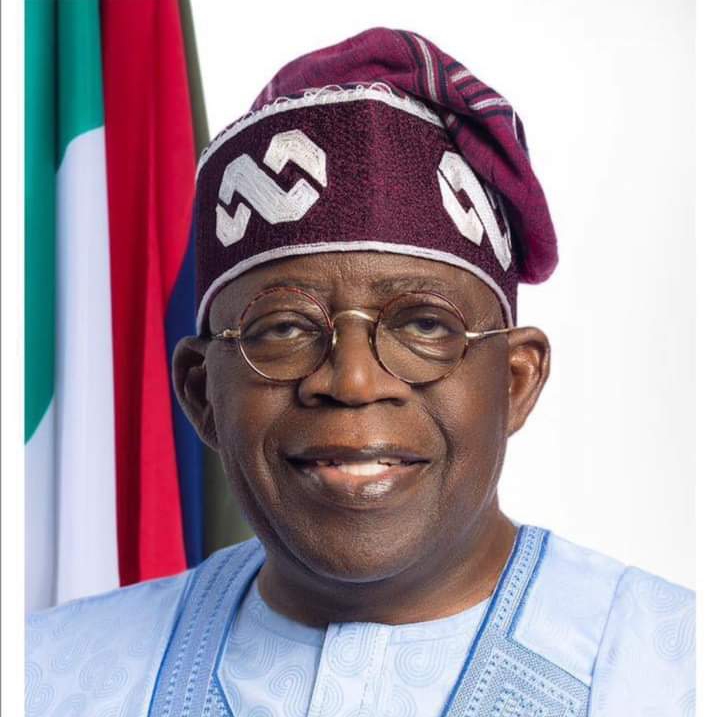DSS versus Utomi: Shadow Government Contention
P Elempe Dele
National discussions in Nigeria are always moving kinetically; lively, dynamically, energetically, actively and vigorously. The latest wholesale discussion today is the contention between Professor Patrick Utomi, professor of economy and politician, and the Department of State Service, DSS.
And here, let us pause, and use this article to accentuate the issues of contention because whenever there is a national matter of contention, some sections of the public amplify alarms of suppression, claims of stifling dissenting voices, even condemnation of the opposition (without knowing the depth of the issues)…depending on place of the political spectrum they find themselves.
A couple of days ago, Utomi formed a ‘shadow government’ which comprised of several members of the opposition with the aim of challenging the present Federal Government’s policies and actions. The group, which is called the ‘Big Tent Coalition Shadow Government’, will be offering better ideas to run the country.
Probe Nigerian Navy for oil bunkering, Ohaneze group challenges DSS DG
Ideally, this kind of opposition and interventionist voice should easily be welcomed where issues articulated by the group. The shadow cabinet includes human rights lawyer Dele Farotimi as head of Good Governance. Others appointed to key positions include Oghene Momoh, Cheta Nwanze, Daniel Ikuonobe, Halima Ahmed, David Okonkwo, and Obi Ajuga. Other members include Dr. Adefolusade Adebayo, Dr. Peter Agadah, Dr. Sadiq Gombe, Chibuzor Nwachukwu, Salvation Alibor, Bilkisu Magoro, Dr. Victor Tubo, Charles Odibo, Dr. Otive Igbuzor, Eunice Atuejide, Gbenga Ajayi, Dr. Mani Ahmad, Peter Oyewole and Dr. Omano Edigheji.
No doubt, Utomi is a voice in the progressive movement. He has taken upon himself the Sisyphean burden of a people that have been plunged into a state of economic and social retrogression. No one can discount his credentials as a ‘hard’ democrat. Utomi is a daily reminder that governments should never take for granted any political situation, never to underestimate the focused energy of the opposition.
However, the novel idea was met with some form of resistance by the Federal Government. The Minister of Information, Mohammed Idris, claimed the idea is an ‘aberration.’
‘“Nigeria is not a parliamentary system where such a system is practised, and there is no provision for such in our statute books,” Idris said. “While opposition politics is a central feature of democracy, it must be practised at all times within the bounds of propriety.
“This idea of a shadow government sadly does not pass that test. Our bicameral legislature amply features members of the opposition, and it should be the right place to contest meaningful ideas for nation-building,” the minister added.

It is on the strength of this idealistic opposition by the Federal Government that the Department of State Service sued the 2007 presidential candidate of the African Democratic Congress, ADC, who was named the only defendant in the suit filed at the Federal High Court in Abuja. According to the DSS, “It is in the interest of justice, national security, and the rule of law for this honourable court to declare the existence and operations of the defendant unconstitutional and illegal.” The DSS asked for “an order of perpetual injunction restraining the defendant, his agents, and associates from taking any steps towards establishing or operating a ‘shadow government’, ‘shadow cabinet’, or any similar entity not recognised by the Constitution”.
DSS uncovered sponsors of planned protests, plot to overthrow Tinubu’s govt
In my personal opinion, the DSS scored a high point, as much as one cannot but laud Utomi for proposing the alternative platform. If Utomi was invited by the DSS, the perception, which is king in public relations and communication, could be harmful to the DSS and the government that is gravely unpopular because of some of its excruciating economic policies, insecurity and other harsh conditions of existence in the country. So taking the route of asking the court for judiciary interpretation by the DSS rather than the ‘Jack-boot’ approach of arrest and interrogation on matters like by the DSS must be lauded. This approach will enhance our jurisprudence and set precedence. Although the court is yet to set date for hearing, it is worth keenly following like the case of state of emergency in Rivers State and its consequences.
Elempe Dele, a journalist, writes from Okpe, Akoko-Edo.










